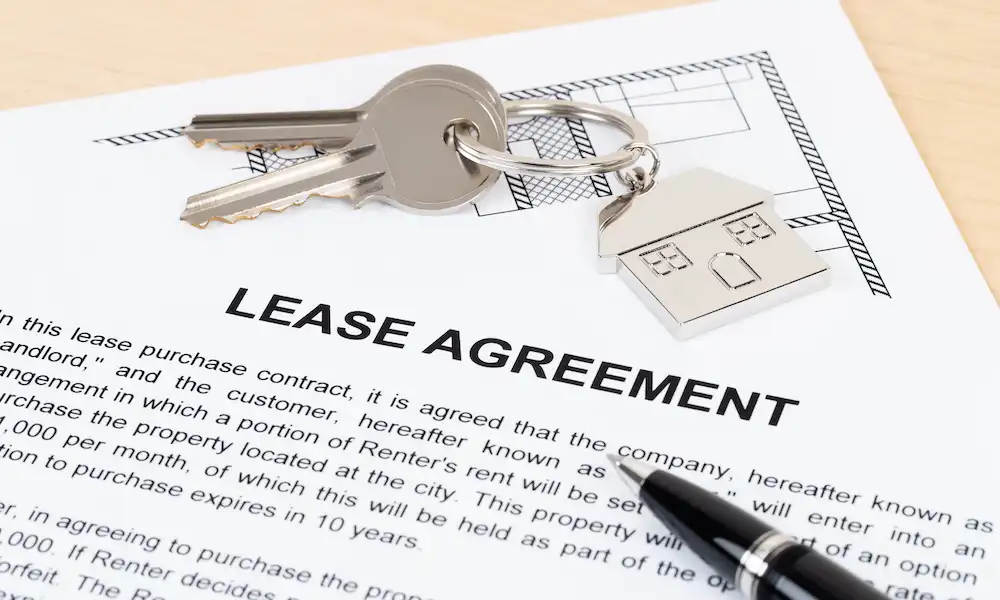Management
How Property Managers Can Prevent Evictions

As a property manager, every day brings new responsibilities and challenges. This may include handing out eviction notices if your relationship with a tenant breaks down.
However, you should try and avoid an eviction if at all possible. Even if they seem to be an easy solution, it takes both time and money to find a new renter.
Understanding the different types of eviction notices is crucial for property managers. This knowledge not only helps you find a document that suits your situation but also aids in reaching a potential agreement with your tenant.
5 Ways Property Managers Can Avoid Evictions
In this blog post, you’ll discover five ways to prevent evictions in a property you manage.
1. Serve a notice to quit
A notice to quit sets out a property manager or owner’s concerns and gives the tenant time to fix them. The main types in Ohio are 3-day and 30-day notices that deal with unpaid rent, health hazards, and other possible problems.
Once you escalate a situation to a full eviction notice, this can fracture the goodwill between you and the tenant(s). Giving them the chance, and enough time, to correct any mistakes will help them see exactly where you’re coming from.
It’s natural to worry if one concern with a tenant today will spell disaster for the property further down the line. However, a firm but fair notice to quit should encourage them to take much better care of the home.
2. Understand the tenant’s situation
If the main issue with a tenant is unpaid rent, there are ways you can fix this while still keeping a roof over their head. Meet them halfway and nail down a new payment schedule, perhaps with a small amount of interest.
Have an honest discussion with the tenant about their finances and when you should expect to receive the rent. You may even have to consider lowering the fees; no manager or owner wants to do this, but the price might simply be too high.
Even in other circumstances, you need to stay empathetic and understanding. For example, the home might be a mess if a tenant is having a personal crisis. Recommending an eviction notice will likely just make things worse for everyone.
3. Be a good manager
Open communication is the cornerstone of a good relationship with your tenants. By being transparent about the property and assuring them of your assistance in case of any issues, you can build trust and understanding.
As a go-between for the tenants and property owner, your duty is to make sure both parties are happy. The owner looks to you for advice on any major decisions, which means you can smooth over any cracks before they develop.
It’s no secret that younger renters are especially frustrated with the housing market — as well as landlords in particular. Your unique position as a manager (even if you perform most of the same duties) will help you connect with the tenants.
4. Make sure the lease is clear
You can get ahead of many concerns simply by making sure the tenants understand their lease and any terms within. For example, if they try to get a pet for the house without realizing that this would void their tenancy.
Property managers and owners need to put together a lease that’s easy to understand and also must make sure the tenants read it. To cover all bases, talk with the renters to see if they know the limits of their contract.
Clearly outlining lease violations and any other behaviors the property owner would object to will also help curb tenant misconduct. That means, if it comes to it, they won’t be able to pretend they didn’t know the lease’s terms.
5. Screen the tenants
Property managers usually help owners with the tenant selection and screening process before a lease is even in place. This means they’re in a unique position to check if a prospective renter is right for the property and will help it flourish.
Thorough tenant screening is a crucial responsibility of property managers. This includes following up on guarantors and references, and contacting previous landlords. Such diligence is a reliable predictor of a tenant’s responsibility and can significantly reduce the risk of eviction.
Check over each rental application in full to see if there are any inconsistencies, or even missing details; these can be a red flag. Credit checks are another way of assessing if a tenant might be a poor choice for the property.
In Summary
Property managers can help both tenants and landlords by reducing renter turnover. The actions they take before and during the tenancy will ensure the property is able to thrive.
However, if you and the owner do proceed with an eviction, make sure you only use a complete template that fits your state’s usual process.






